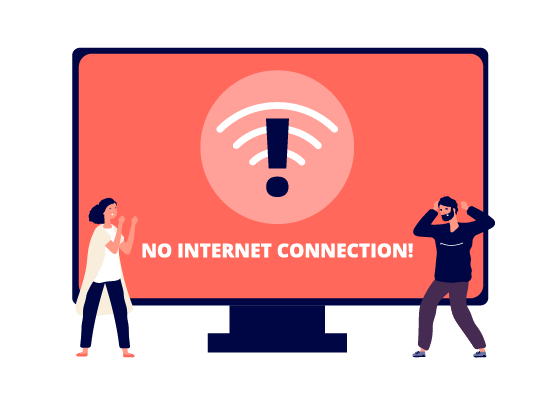This news might have flown under the radar but reliable sources close to Gadgets Africa have confirmed that Uganda residents are not able to access a number of social media platforms, including Facebook after the government directed Internet Service Providers (ISPs) to block access to these platforms a few days before elections day.
“Facebook access has been revoked. ISPs have also slowed down internet access and some like Airtel, don’t work at all,” says our source who is in Kampala, the heart of Uganda. Additionally, we have also seen reports online that corroborate the information we have with us.
In a letter seen by media outlet AFP Africa, Uganda Communications Commission executive director Irene Sewankambo ordered telecommunications companies to “immediately suspend any access and use” of social media and online messaging platforms.
“Uganda Communications Commission hereby directs you to immediately suspend any access and use, direct or otherwise, of all social media platforms and online messaging applications over your network until further notice,” reads the letter from the commission to ISPs.
Reports also indicate that the usual workaround of using VPNs isn’t working as these have also been tampered with leaving a good number of Ugandans without access to the internet as we know it.
Journalist Charles Onyango-Obbo also reports that the government has banned the use of mobile phones and cameras in polling stations, further raising questions on the current situation in the East African country.
The internet shutdown comes just hours after Facebook reported that it had banned accounts of official government executives who were suspected to be spreading elections propaganda on the platform.
According to Access Now, a digital rights company, back in 2016, there were 56 internet shutdowns around the world, many of which were in African countries. Algeria, Burundi, Democratic Republic of Congo, Eritrea, Ethiopia, Gabon, Gambia, Uganda, and Zimbabwe have all shut down domestic access to the internet during elections in the recent past.






The game’s energetic soundtrack and timed levels make it a test of reflexes and timing.
geometry dash lite